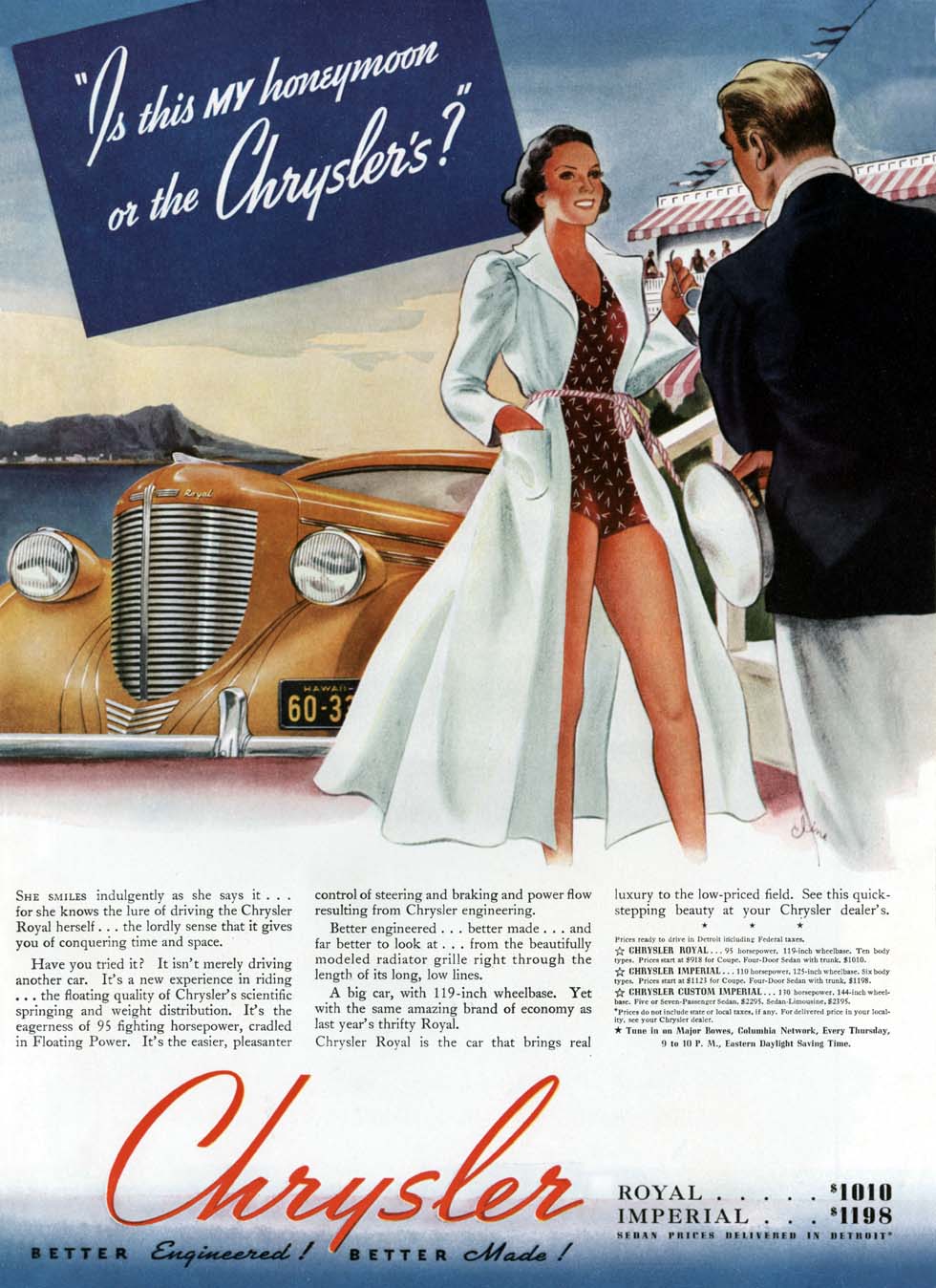
Posted on 07/01/2013 4:19:46 PM PDT by jjotto
The New York Times ran a piece this weekend with the foreboding title "THE END OF CAR CULTURE" (and people accuse us of clickbait). Here's why you should take that claim with a grain of yellow cake uranium.
What New York Times environmental reporter Elisabeth Rosenthal is getting at is what most people are calling "Peak Car." This is the idea that car ownership and usage has peaked in the United States and is never coming back.
There's ample data to support this theory, although the most recent look at the data suggests that while the recession may have put a permanent peak in per-household ownership, car sales will probably continue to go up in the near-term.
Rosenthal does nod to the recession which, as Karl Henkel pointed out, is probably the single biggest reason why young people aren't buying cars.
But let's grant the premise. Let's say that we've reached the peak number of vehicles we'll have on U.S. roads. Let's say more kids won't get cars and the number of vehicle miles driven each year will drop.
This is not the "End of Car Culture." It's the death of "Commuting Culture," which, I'd argue, is the greatest threat to car culture.
What are the most popular vehicles in the United States? They're not Miatas or Mustangs or sports cars. They're relatively dull commuter vehicles like the Toyota Prius, Toyota Camry, and Ford Fusion or work vehicles like the Ford F-150 and Chevy Silverado (although in many places trucks count as both).
The NYT piece leads with a photo of teenagers hanging out at a drive-thru in 1959. They're not all driving the then contemporary equivalent of a mid-size cruiser (seen in the background), they're all driving stripped down sports cars or older, we assume modified, hot rods.
After the Suburban boom that followed a combination of white flight and the massive investment in the interstage highway system, we changed into a commuter driven culture. People had to own cars and we've been suffering from the environmental, social, and congestion-related consequences ever since.
A highway full of boring econoboxes does not create a car culture, it destroys it. A long commute causes people to hate their vehicles and leads to them buying something that compromises a sportier ride or more power for comfort and fuel efficiency. There might be a "Camry Owners of America" club, but I doubt it has the membership of the Mustang Club of America.
The fewer beige Camrycordusionltimas appliances on the road the better off everyone is.
As a car enthusiast, I believe people should take public transportation when it makes sense. They should not use their cars to get the mail from the end of the street. They should take better care of used cars instead of rushing out to buy something new every few years. They should not work a million miles from where they live thus wasting time and gas sitting in traffic.
While car sales dropping may be bad for automakers, it's not bad for auto lovers. When car ownership becomes more of a choice than a necessity, people will buy cars because they desire them, which will make the cars automakers build more desirable.
Since the recession, cars haven't gotten worse, they've gotten better. They're sportier, more attractive, more powerful and, yes, more fuel efficient all at the same time.
When we empty the roads of commuters, we free them up for the kinds of people who get in a car just for the joy of it.
That won't kill car culture, that'll help save it.
“Lots of diesel in Europe. States wont let them in.”
I’ve read that over half passenger new vehicles sold in Europe are diesels.
California has diesels by VW/Audi, Mercedes, BMW and more coming, from Mazda, Chevrolet Cruze.
VW has had them for a long time, as has Mercedes.
Remember 240D, 300D, 300SD, 300D turbo diesel? In the 1980s at least.
My brother swore by his mid 80s 300 D turbo diesel sedan.
“I already did go to Turbo-Diesel 7 years ago (when gas went over $2).”
Do you recommend Turbo-diesel? Which one?
My dad had a 170 D when we were stationed overseas in the 50s.
A local neighbor owns a black ‘61 Impala SS with the 409 motor. Now, that’s cool...

We get winter and snow and sleet. So you’ve got unused bike lanes all year except for rush hour. In the winter they’re empty except for the one green guy who doesn’t mind risking his life and yours to keep it green.
Disclaimer: Opinions posted on Free Republic are those of the individual posters and do not necessarily represent the opinion of Free Republic or its management. All materials posted herein are protected by copyright law and the exemption for fair use of copyrighted works.